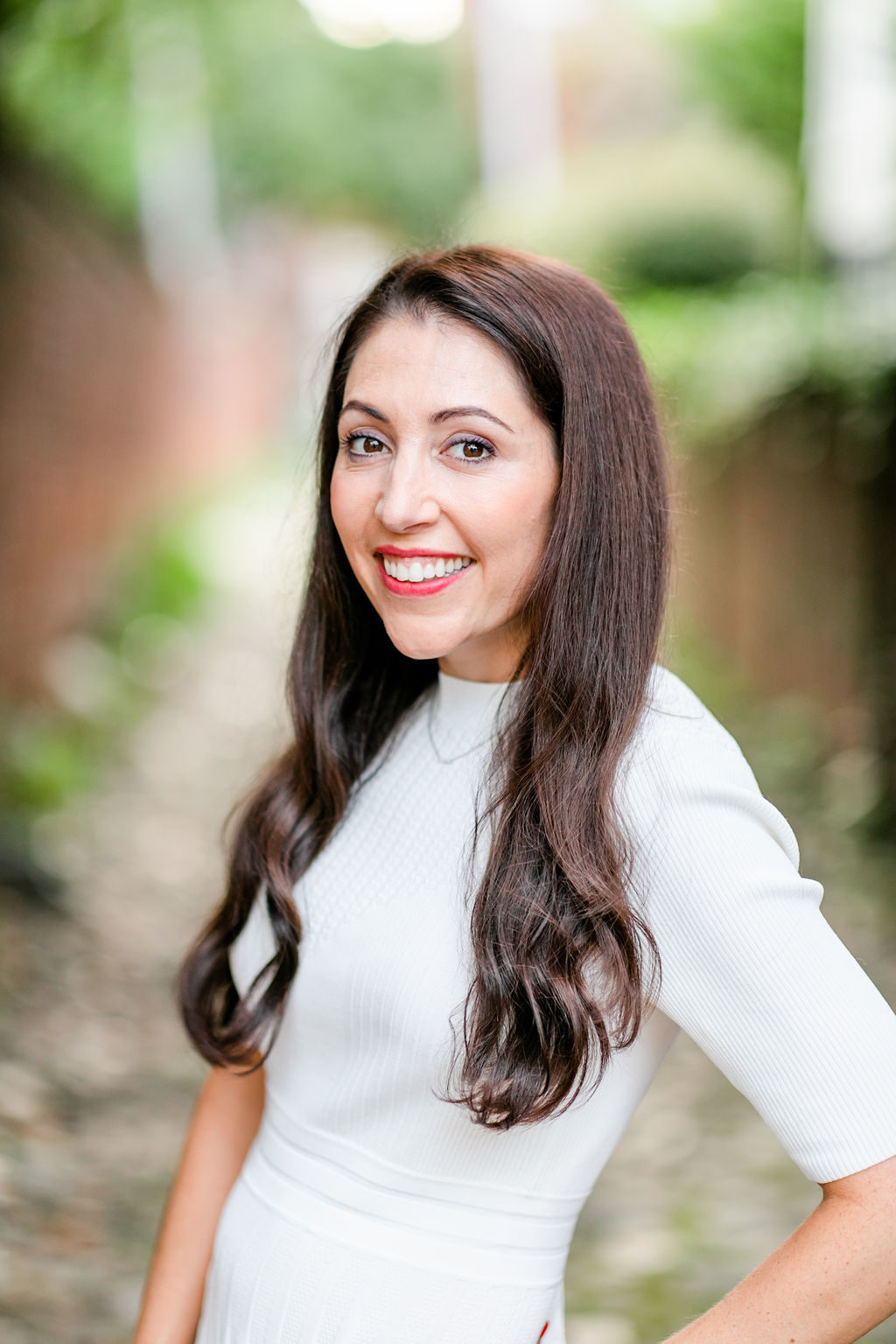Book review Tuesday: The Interestings, by Meg Wolitzer
I finished Meg Wolitzer’s The Interestings last night and was so bummed out by both the ending and my own reaction to the book that I immediately had to start something more upbeat (in this case, Rainbow Rowell’s Eleanor & Park, which is excellent so far) in order to take my mind off of The […]
